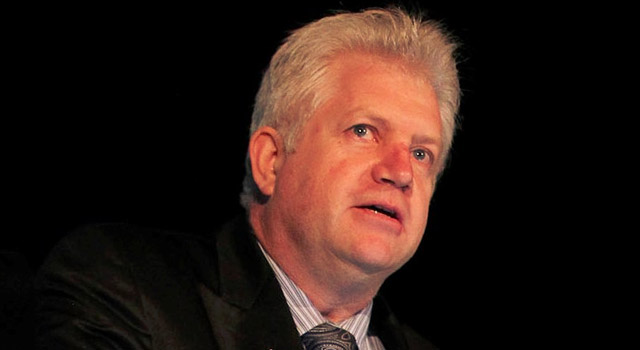
The Western Cape government has updated the timelines for the complete deployment of its R1,3bn broadband initiative after an initial contracting period with the State IT Agency and Neotel took longer than anticipated. The tender, which was issued last year, will provide broadband services to about 2 000 government sites, including schools, libraries and health facilities, over the next three years.
In June, Helen Zille, the premier, said that one of the province’s main priorities is making the province a leader in broadband access. “This is essential if we want to grow the economy, create jobs and become internationally competitive,” Zille said.
In her initial projection, she said that by May 2016 all sites would be connected at minimum speeds of 10Mbit/s. By August 2018, most sites would be connected with fibre-optic cables, with 90% of sites enjoying 100Mbit/s speeds and 10% getting 1Gbit/s, she said.
Provincial minister of economic opportunities Alan Winde told TechCentral this week that the Western Cape government is spending R3bn on broadband over the next three years, with the private sector spending another R4bn to R5bn. “During the initial phase, we are connecting schools, clinics and all government buildings across the province.”
According to updated delivery targets, the provincial government says that the first set of sites, including 350 schools, will be connected by June 2015. It plans to have a thousand sites — about half the final total — connected by September 2015, with full coverage of all government sites expected by December 2016.
By 2016, 90% of the Western Cape government’s network will have access to 10Mbit/s broadband. The province also expects 10% of its sites to have access to 10Gbit/s broadband within 10 years.
Winde said the Western Cape plans to use each connected site as a mechanism to create Wi-Fi hotspots that will also provide free access — up to a point — to the general public. Wi-Fi hotspots are being deployed in areas traditionally not well served by broadband providers, including Mitchells Plain and Khayelitsha.
Separately, the provincial government is also testing Wi-Fi networks operated by nonprofit organisations across the province. It’s trialling various models “to see what works the best in terms of usage and content”, says Winde.
The pilots are intended to provide free or low-cost Internet services to communities, with sites live in Delft, Robertson, Atlantis and George.
Each nonprofit decided on the location of its hotspots, but had to make a number of websites freely accessible to end users. These include career websites, Wikipedia, Maths and Science and national and provincial government websites. Service providers also need to ensure that pornography is not accessible.
Winde said Project Isizwe, the nonprofit founded by former Mxit CEO Alan Knott-Craig, was awarded the grant for the Atlantis and Robertson deployments, while another nonprofit, Home of Compassion, received the grant for Delft. The Digital Village was awarded the business for the area covering George and the Garden Route.
These grants collectively cover 21 hotspots and have a total value of R2,2m over two years, said Winde.
He added that the main spending by the province is on making sure that all government buildings are connected. “We wanted to create a single Wi-Fi mesh network, but this seems unlikely now. Instead, we’ll be creating hotspots in various areas so we can achieve overall coverage.”

Business incubator Bandwidth Barn will also be replicated to provide entrepreneurial support for new businesses and aspiring “techies” in disadvantaged communities. “We are rolling out another Bandwidth Barn in Khayelitsha, and also one in George. Barns are also being set up in Mauritius, Ghana, Nigeria and Kenya, and we’ll be linking our incubators with others in Africa so that we can start developing contacts and content for Africa,” said Winde.
Meanwhile, the Western Cape government said it is on target to launch its first Interactive Community Access Network (ICAN) in Elsie’s River, a disadvantaged suburb in Cape Town. In April, the City of Cape Town announced it would launch a R2,8m digital access centre in Elsie’s River. It’s the first such centre, with three or four more to follow in the next few years.
Earlier this year, Winde reported that the City of Cape Town’s broadband initiative had saved R47,6m in telecoms costs and avoided R70m of bandwidth costs for the 2013/2014 financial year. These savings were made available for economic development initiatives such as ICAN.
He said the ICAN centres are much like the Bandwidth Barn incubator “but not as focused”. These centres will provide classrooms, hotspots and even a small studio that will allow people to create their own YouTube video clips to market a product or service.
Winde said these are the future of connected libraries. “Instead of taking out a book, you can go to the ICAN centre and connect to the world, have an adult education course, complete a course with an online university or simply promote your business.” — © 2014 NewsCentral Media

